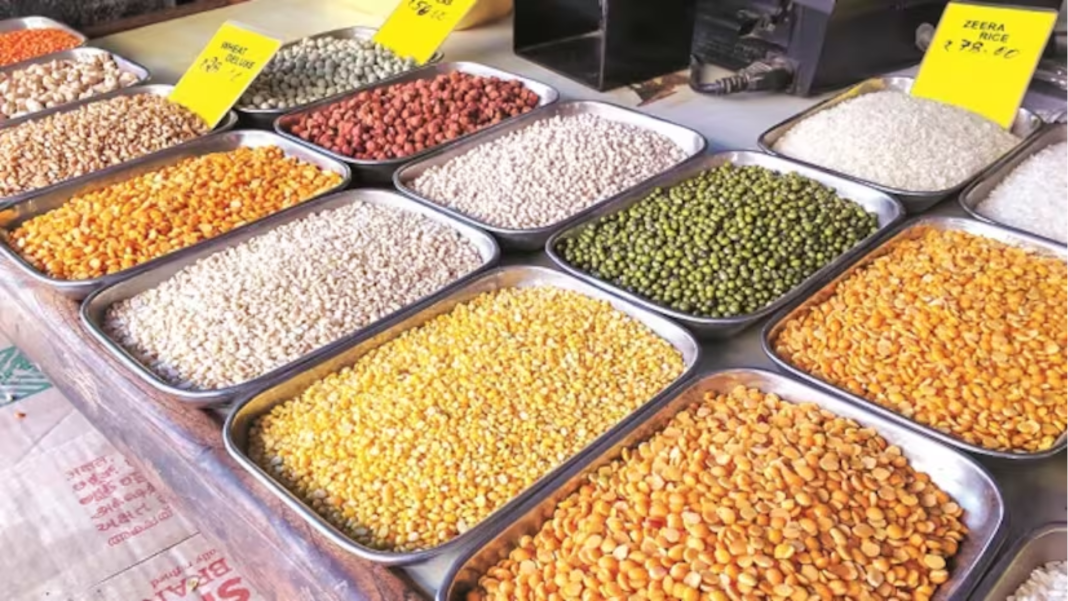According to Crisil Ratings, if the cobweb phenomena continues to affect pulses inflation this year, although to a lesser extent, we may witness the next peak in prices within 6 to 7 months. Furthermore, irregular weather patterns in the previous year resulted in certain production losses, which could potentially influence prices as well.
The rating agency has stated that policymakers will need to remain vigilant about the monsoon’s behavior and its impact on prices this year as well. They should then take appropriate measures to address any price pressure that may arise.
With delayed and uneven rainfall this year, the sowing of pulses has been affected, leading to potential price pressures. However, the government’s ongoing intervention through price stabilization schemes could help mitigate the intensity of the upcoming peak.
The government recently made an important decision to eliminate the 40% procurement ceiling for key pulses such as tur, urad, and masur. This significant move grants farmers the freedom to sell their entire produce without any limitations. By doing so, the government aims to motivate farmers and promote an expansion in the sown area during future cropping seasons. Additionally, the removal of the procurement ceiling facilitates improved price signaling through the announcement of Minimum Support Price (MSP), benefiting both farmers and the agricultural sector as a whole.
Read More: Indian government imposes stock limits on tur and urad dals to curb hoarding and price surge
The cobweb pattern of growing pulses was primarily attributed to erroneous price signaling. However, recognizing the significance of addressing this issue, timely policy measures have been implemented. One such measure is the recent announcement to impose stock limits on arhar and masur, aimed at discouraging traders from hoarding supplies and ensuring stable prices. These measures serve to effectively monitor and control price spikes, contributing to a more balanced and sustainable pulse market.


